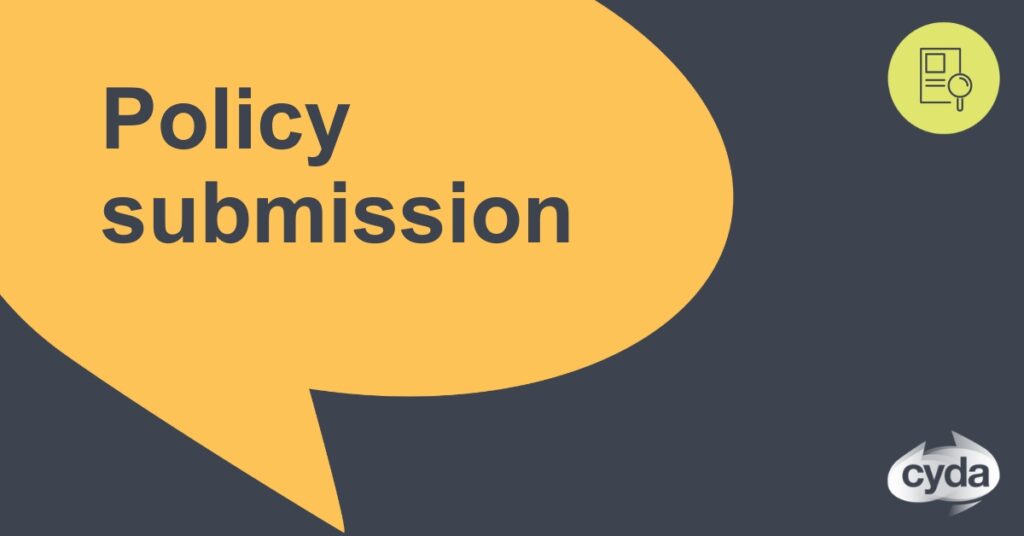Children and Young People with Disability Australia and Disabled People’s Organisations Australia welcome the opportunity to contribute to the Inquiry into the United Nations Sustainable Development Goals. This brief joint submission has a specific focus on issues of key relevance to people with disability.


